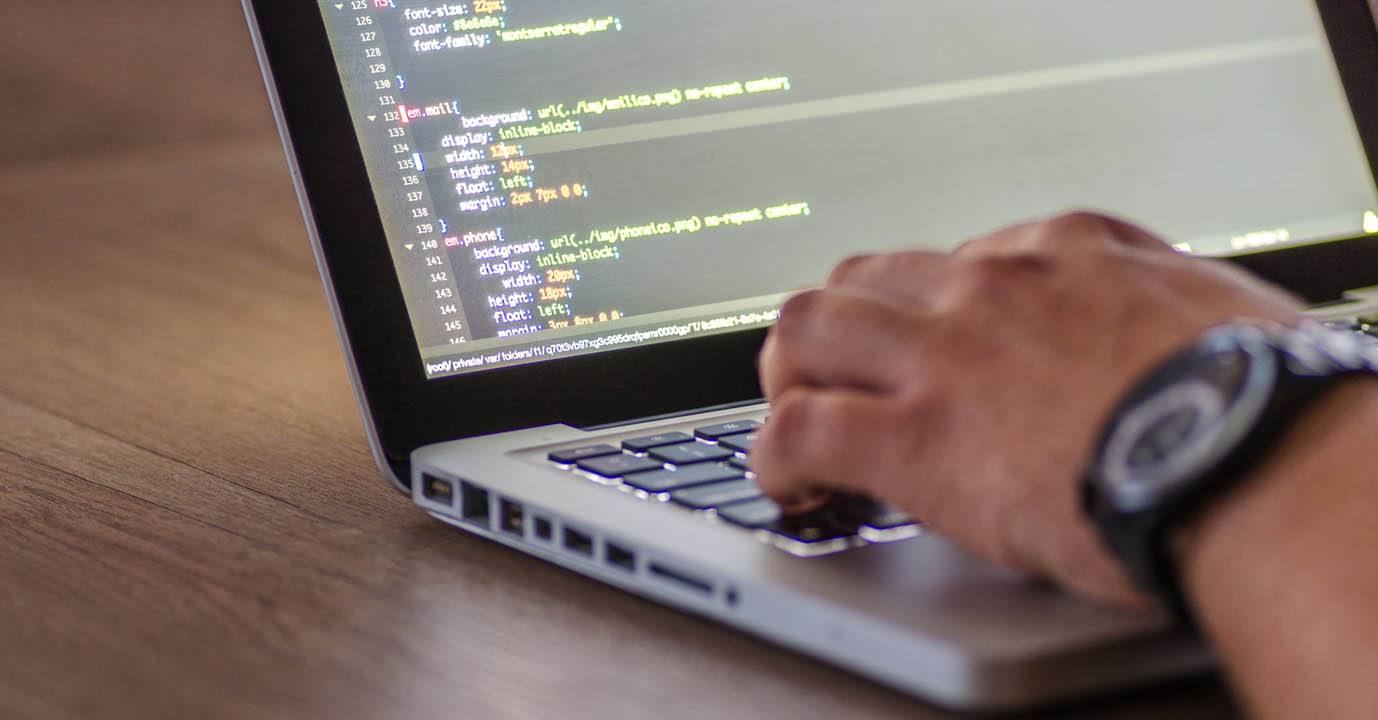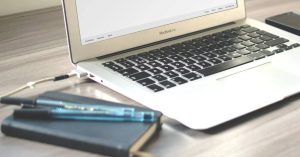Copying of computer programs and use of works unrelated to teaching

Special cases in Intellectual Property: Copies of computer programs and use of the works of others in teaching
We explained the limits that, in accordance with our Law, apply to the use of the works of others, regardless of the type of work in question (artistic, literary, scientific, etc. .) in our article “Use of a work without authorization from its owner”.
In a complementary way, we now propose the study of the use of another’s work in two particular cases, although not linked to each other. Specifically, copies of a computer program or source code, as well as the use of the teaching staff with respect to the works of others.
Can the legitimate user of a computer program make copies of it?
The legitimate user of a computer program can make a backup copy as soon as it is necessary for said use and the owner cannot prevent him from doing so by contract.
You may not make copies of the program for other purposes.
Can you make changes to the source code of a computer program?
The Law (art. 100 LPI) contemplates some specific limitations to the right to exploit computer programs, which refer to the possibility for legitimate users to enter the source code , such as the following:
- They will not need authorization from the owner, unless contractually provided otherwise, for the reproduction or transformation of a computer program, including the correction of errors, when said acts are necessary for the use thereof, according to its proposed purpose.
- They will be empowered to observe, study or verify its operation, without prior authorization from the owner, in order to determine the ideas and principles implicit in any element of the program, provided they do so during any of the the operations of loading, displaying, executing, transmitting or storing the program that they have the right to do.
- The author, unless otherwise agreed, cannot oppose the assignee who owns the exploitation rights to make or authorize the making of successive versions of his program or programs derived from it.
- The authorization of the right holder will not be necessary when the reproduction of the code and the translation of its form is essential to obtain the necessary information for the interoperability of a program created independently with other programs , as long as the following requirements are met:
-
- That such acts are carried out by the legitimate user or by any other person empowered to use a copy of the program, or, on his behalf, by a duly authorized person.
- That the information necessary to achieve interoperability has not been previously made available in an easy and quick manner to the people referred to in the previous paragraph.
- That such acts be limited to those parts of the original program that are necessary to achieve interoperability.
[fusion_highlight color=”rgba(0,144,142,0.3)” rounded=”no” class=”” id=””]You may be interested in: “Intellectual Property and the protection of works“
This limitation will be applicable as long as the information thus obtained:
- Used solely to achieve interoperability of the independently created program.
- Only communicate to third parties when necessary for the interoperability of the independently created program.
- Not be used for the development, production or commercialization of a program substantially similar in expression, or for any other act that infringes copyright.
This limitation may not be interpreted in such a way that its application unreasonably prejudices the legitimate interests of the rights holder or is contrary to a normal exploitation of the computer program.
Can a teacher distribute copies of other people’s works to students or researchers?
Regulated education teachers in the Spanish educational system and the staff of Universities and Public Research Organizations may distribute copies of other people’s works among students or researchers, or make public communication of the same, fulfilling the following requirements (art. 32.3 LPI):
- That they are only small fragments of works and isolated works of a figurative plastic or photographic nature. It must be an extract or portion that is not quantitatively relevant to the whole of the work.
- That has no commercial purpose.
- That it be done solely for the illustration of their educational activities, both in face-to-face teaching and in distance learning, or for scientific research purposes, and to the extent justified.
- That they are already published works.
- That the works do not have the status of a textbook, university manual or assimilated publication, except in the case of: 1º) Acts of reproduction that do not imply making them available or allow access to the work by recipients or fragment. In these cases, a location from which students can legally access the protected work must be expressly included; 2º) Acts of distribution of copies exclusively among the collaborating research staff of each specific research project and to the extent necessary for this project.
- That are not musical scores, single-use works or compilations or groupings of fragments of works, or isolated works of a figurative plastic or photographic nature.
- Include the name of the author and the source.
Authors and publishers will not be entitled to any remuneration for performing the acts that have been indicated.
If copies are distributed among students and all the expressed requirements are not met, the exploitation rights of the work would be violated.
Nor will the authorization of the author or publisher be required for acts of partial reproduction, distribution and public communication of works or publications, printed or likely to be, when the following conditions concur simultaneously :
- That such acts are carried out solely for the purpose of illustration for educational and scientific research purposes.
- That the acts be limited to a chapter of a book, article of a magazine or equivalent extension with respect to an assimilated publication, or an extension comparable to 10 percent of the total work, being indifferent to these effects that the copy is carried out through one or several acts of reproduction.
- That the acts be carried out in universities or public research centers, by their staff and with their own means and instruments.
- That at least one of the following conditions is met: 1º) That the distribution of partial copies is made exclusively among students and teaching or research staff of the same center where the reproduction is made. 2º) That only the students and the teaching or research staff of the center in which the partial reproduction of the work is carried out can have access to it through the acts of public communication authorized in this section, carrying out the available through internal and closed networks that can only be accessed by those beneficiaries or within the framework of a distance education program offered by said educational center.
- That are not musical scores, single-use works or compilations or groupings of fragments of works, or isolated works of a figurative plastic or photographic nature.
In this case, the authors and publishers of the works will have an inalienable right to receive equitable remuneration from the user centers, which will be made effective through the management entities.< /p>
[fusion_highlight color=”rgba(0,144,142,0.3)” rounded=”no” class=”” id=””]Need advice?: “Lawyers specializing in Intellectual Property“
José Luis Casajuana Espinosa
Founder and managing partner of JL Casajuana. Director of the Civil and Commercial Department.
01/20/2020



















